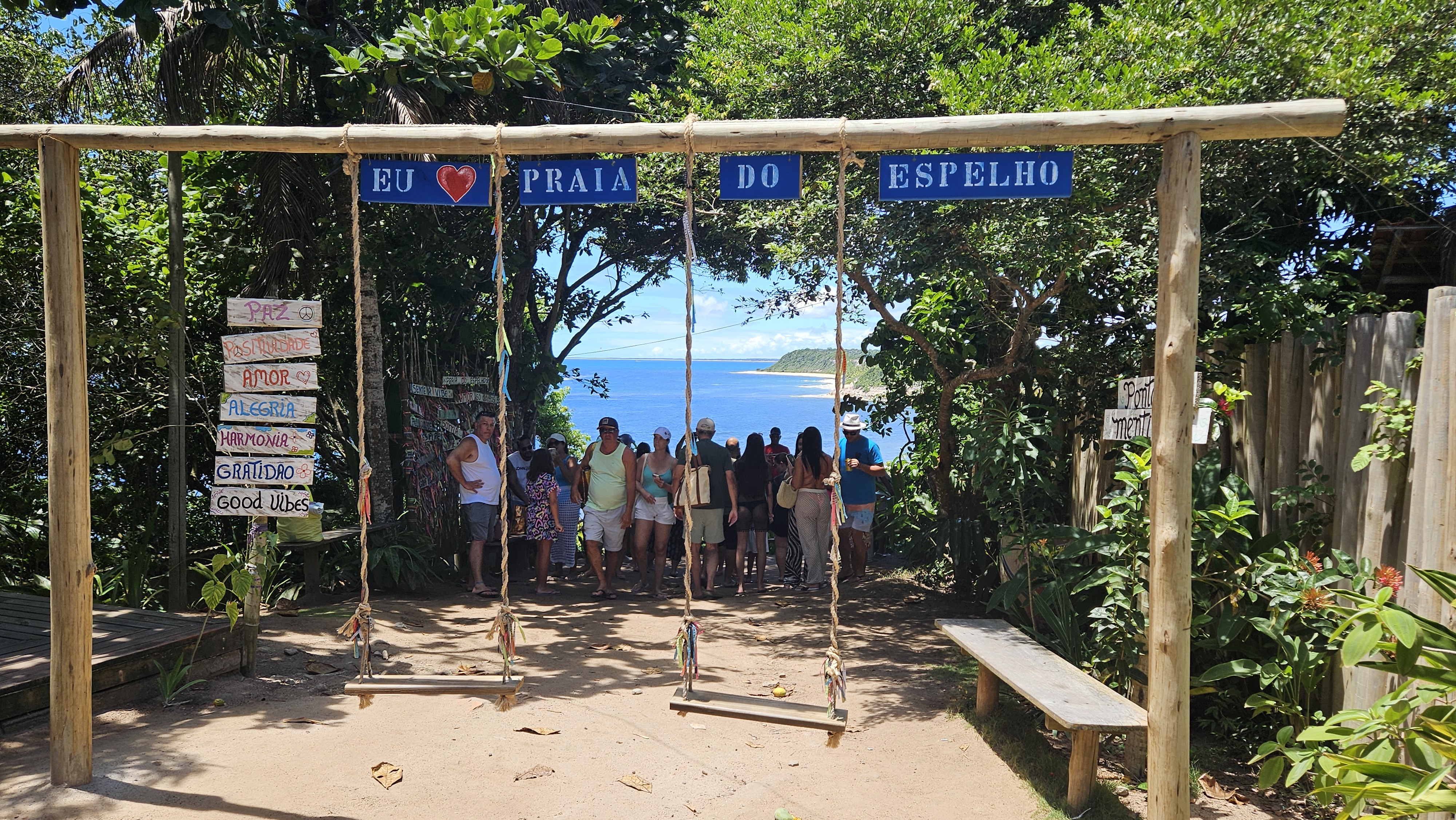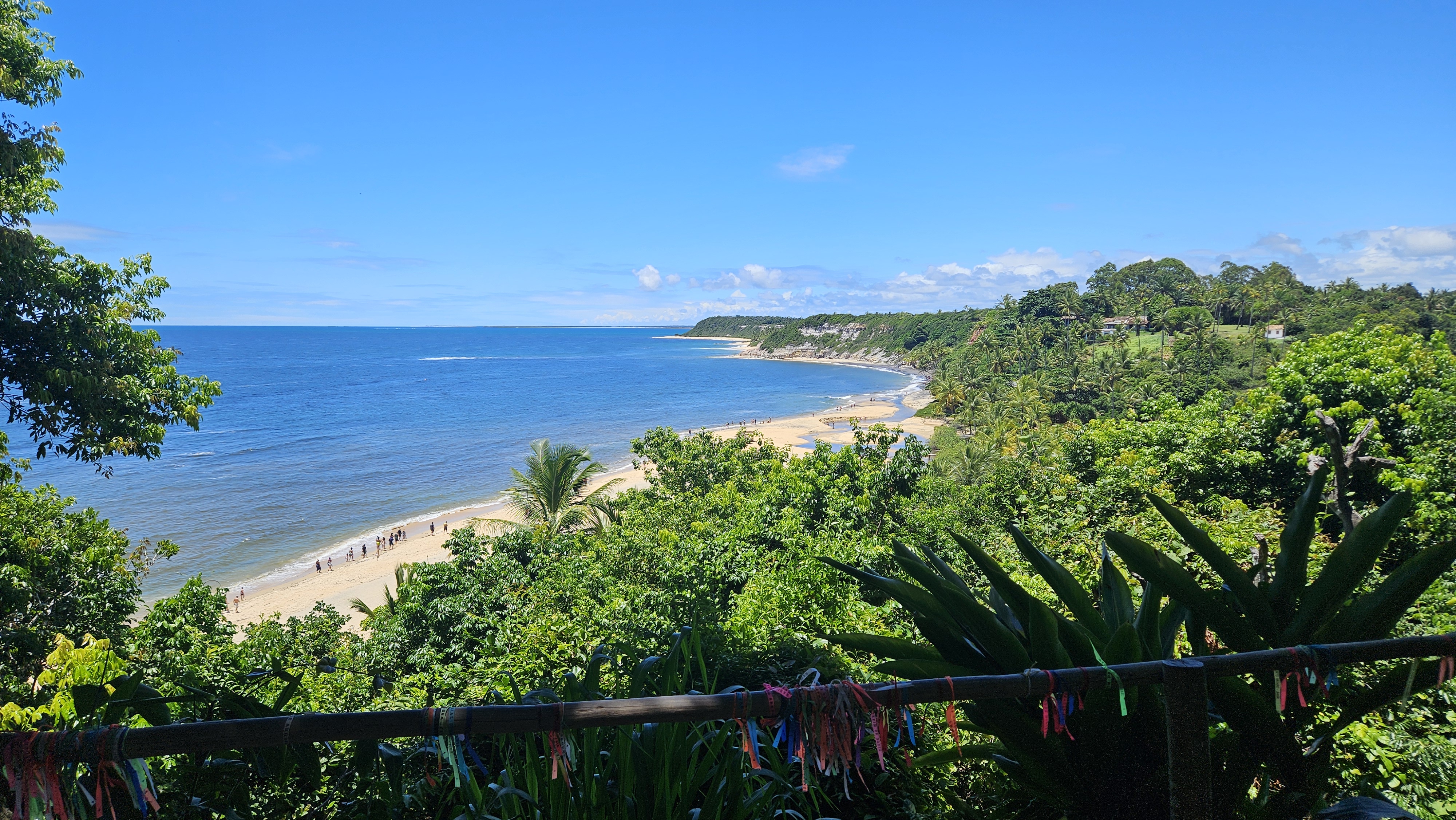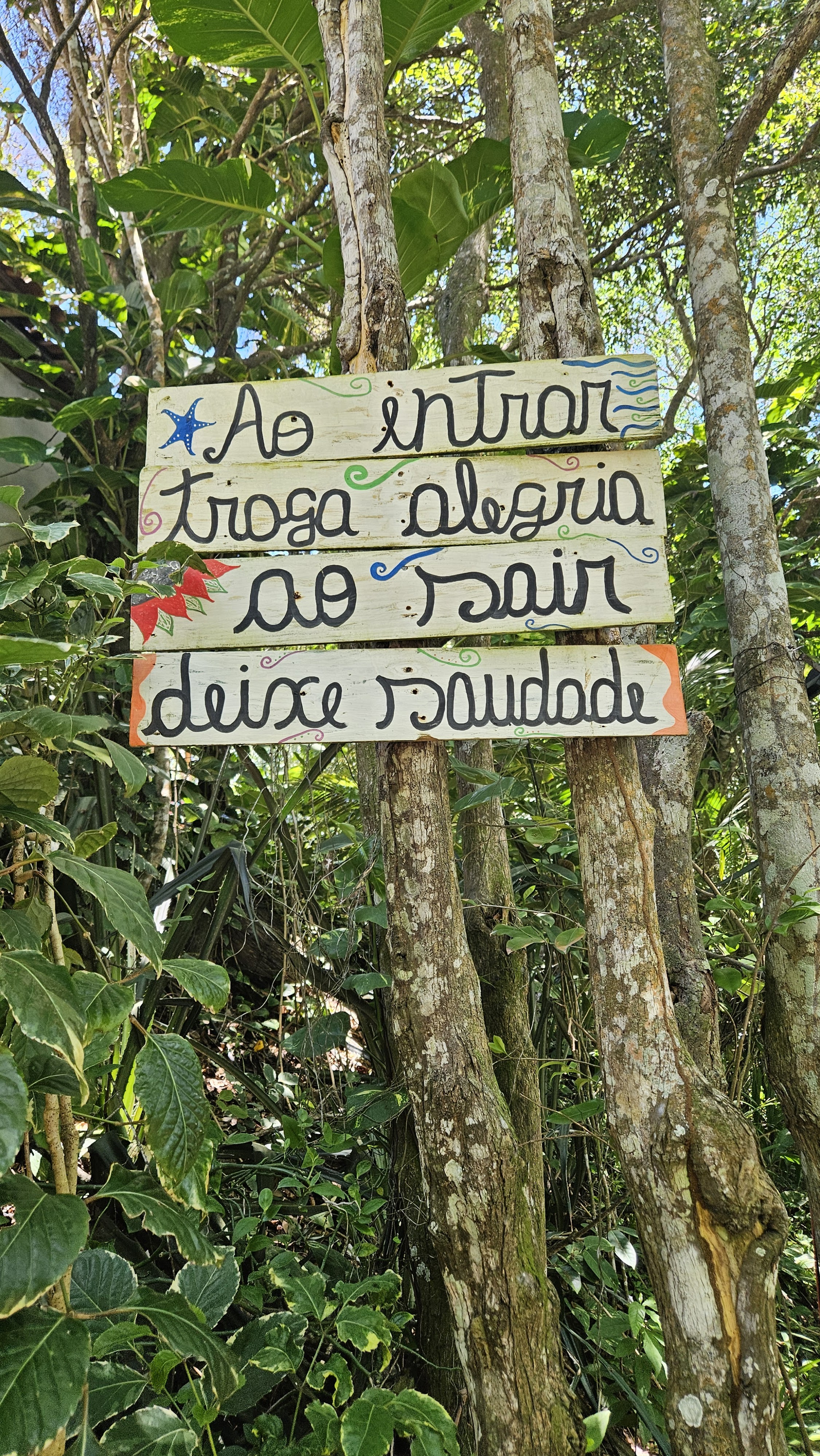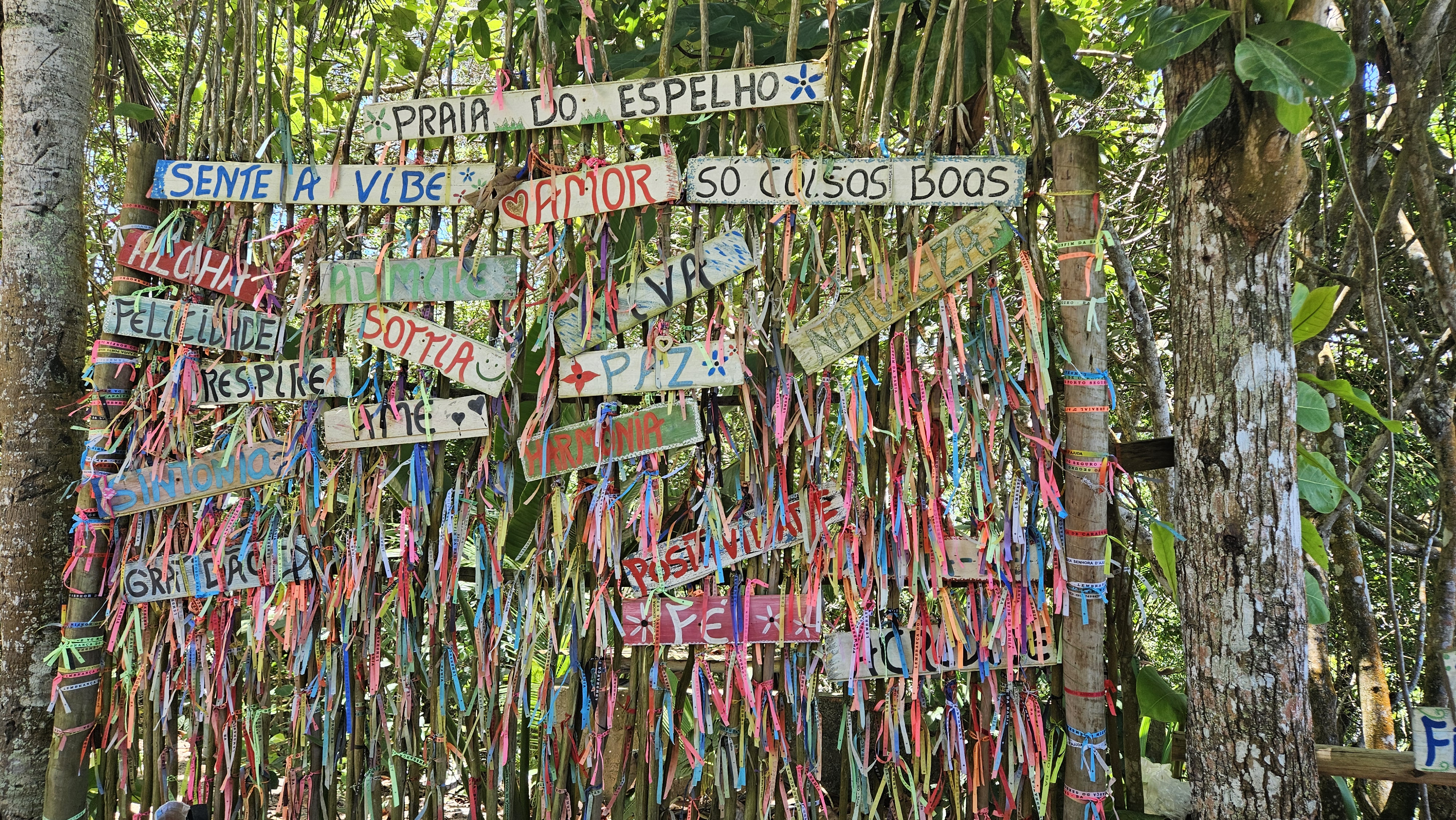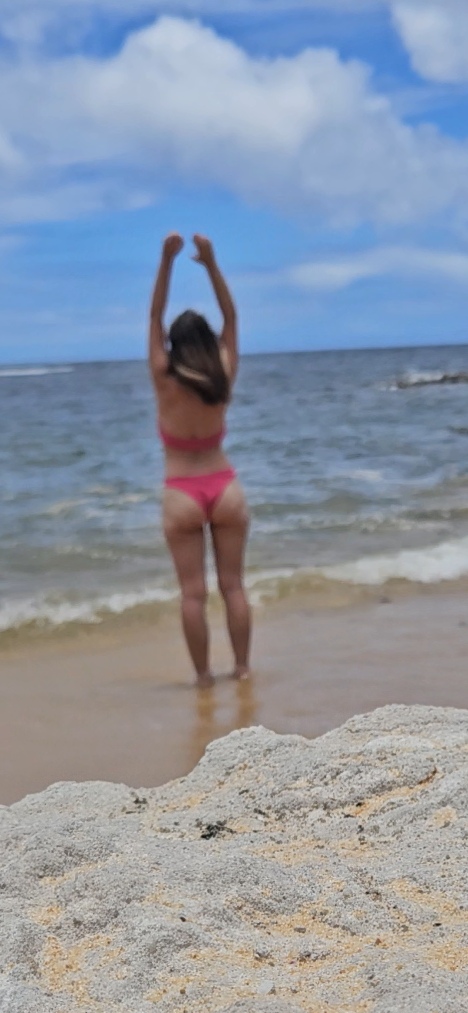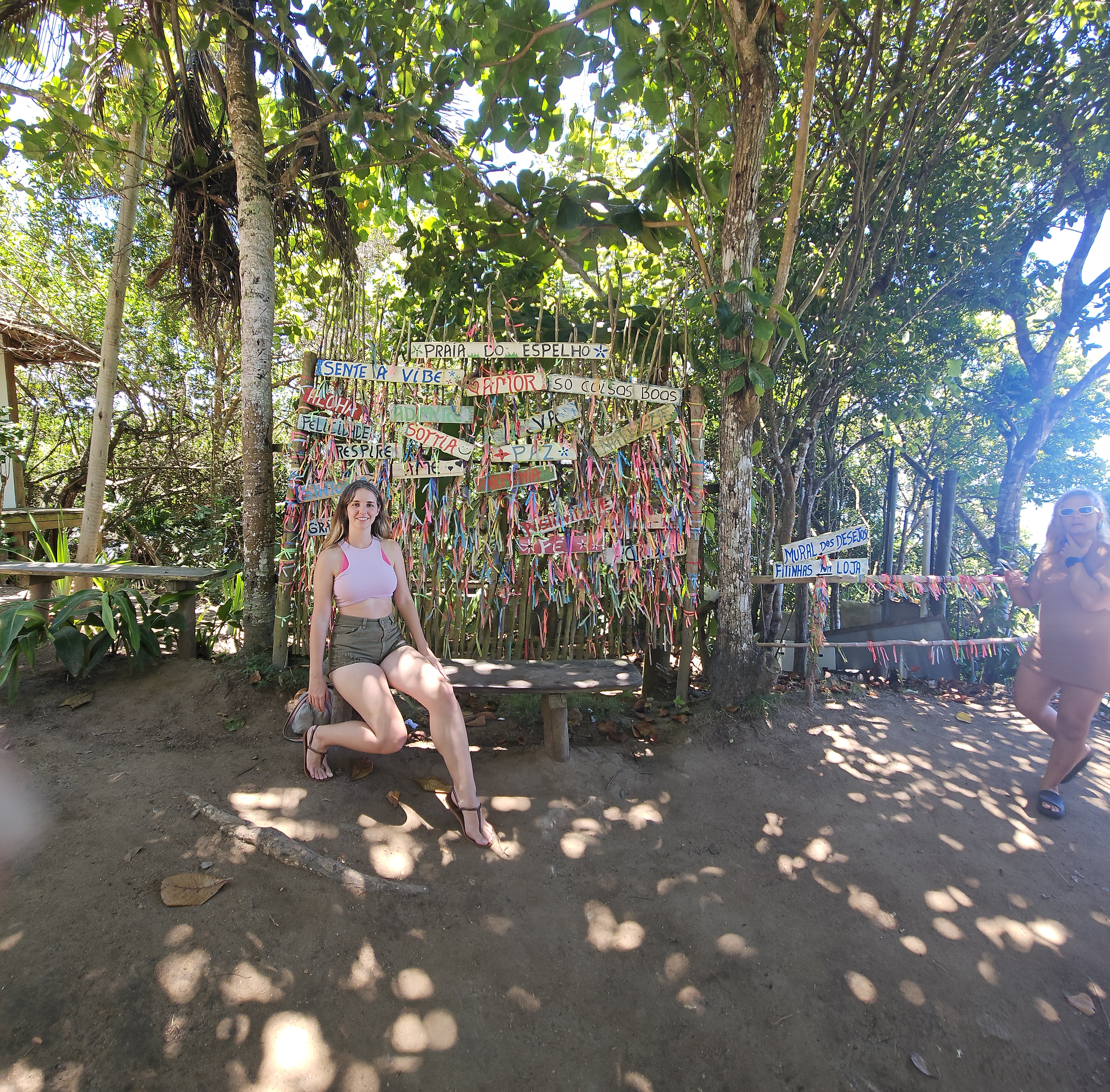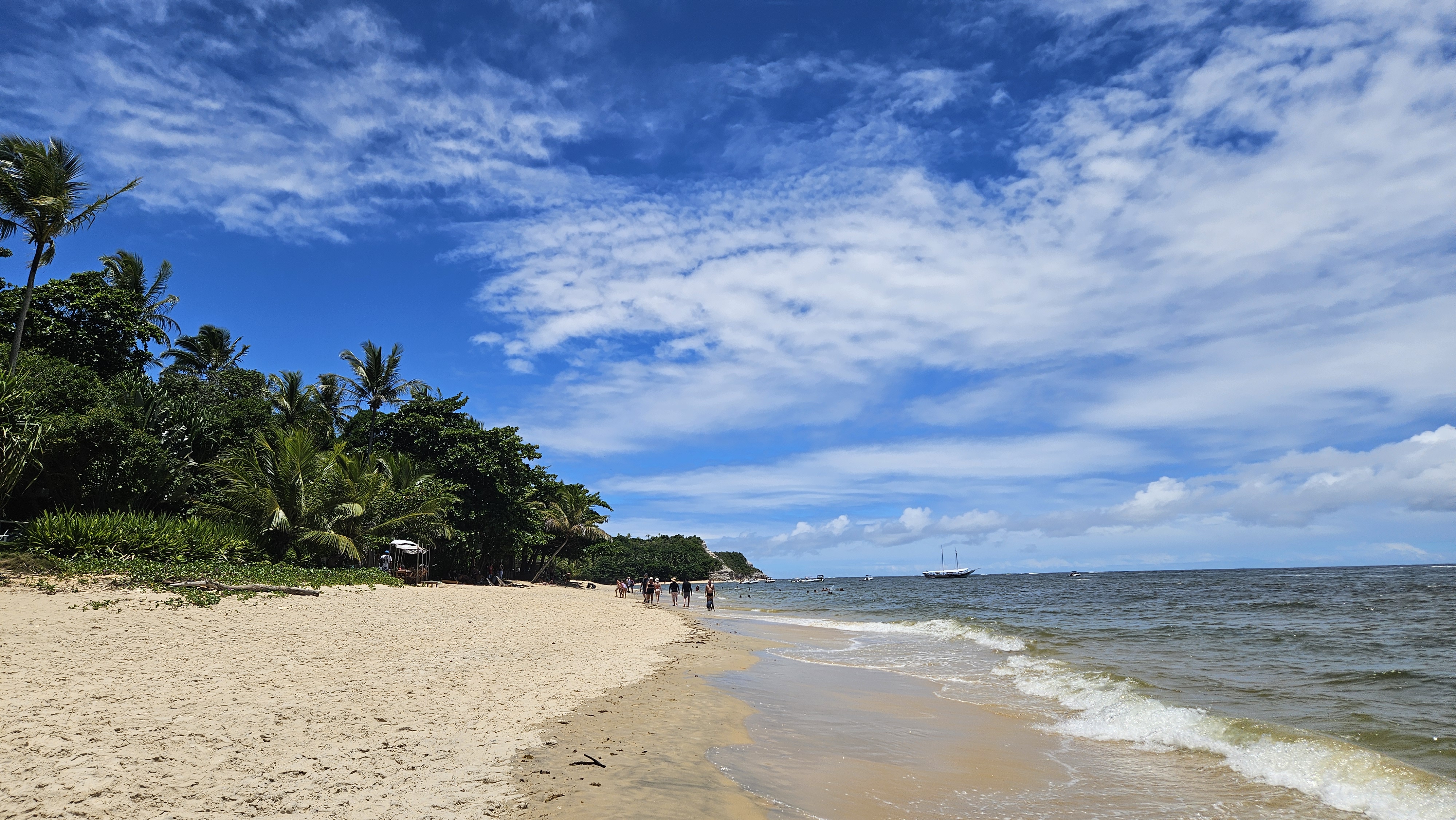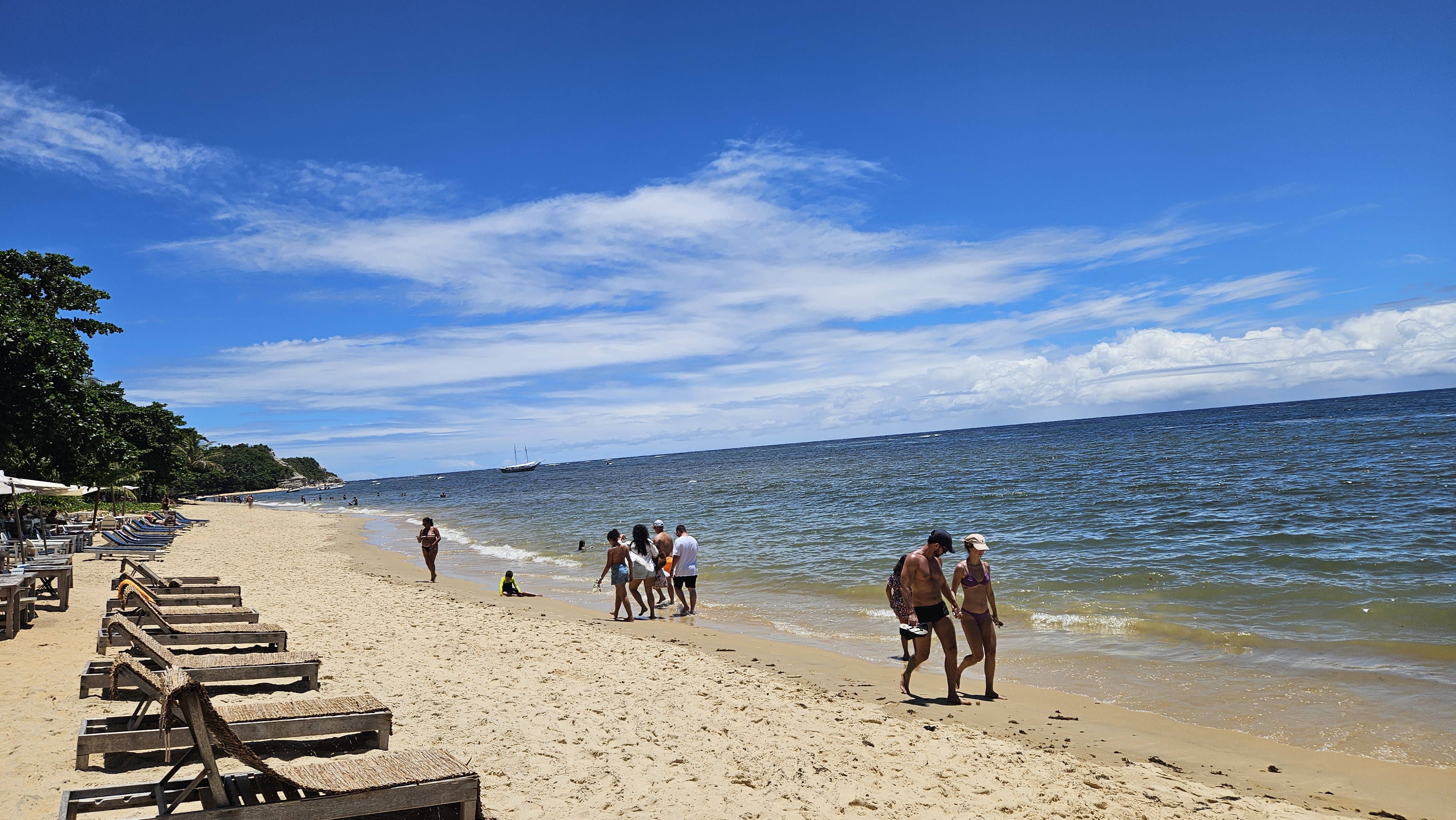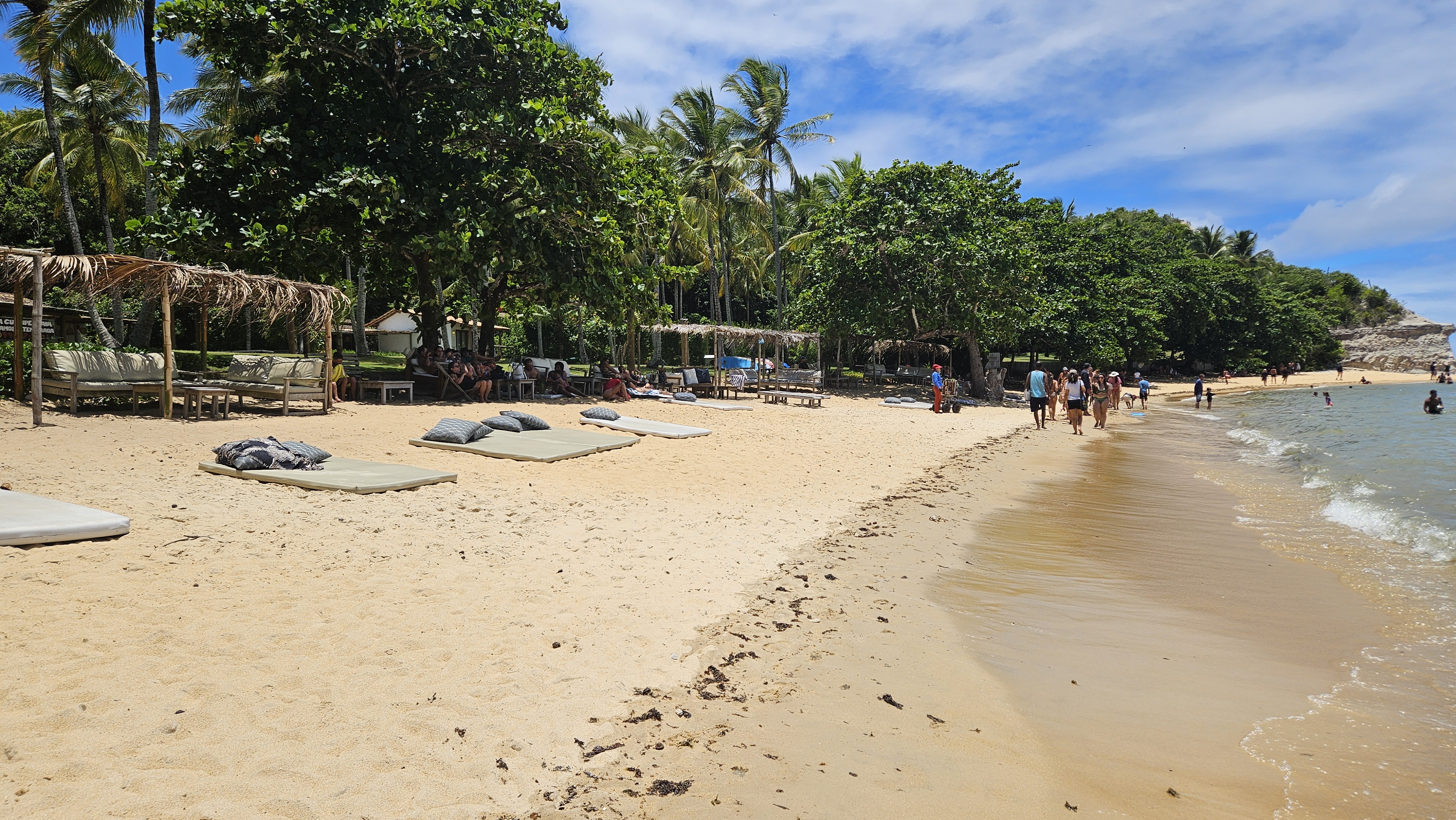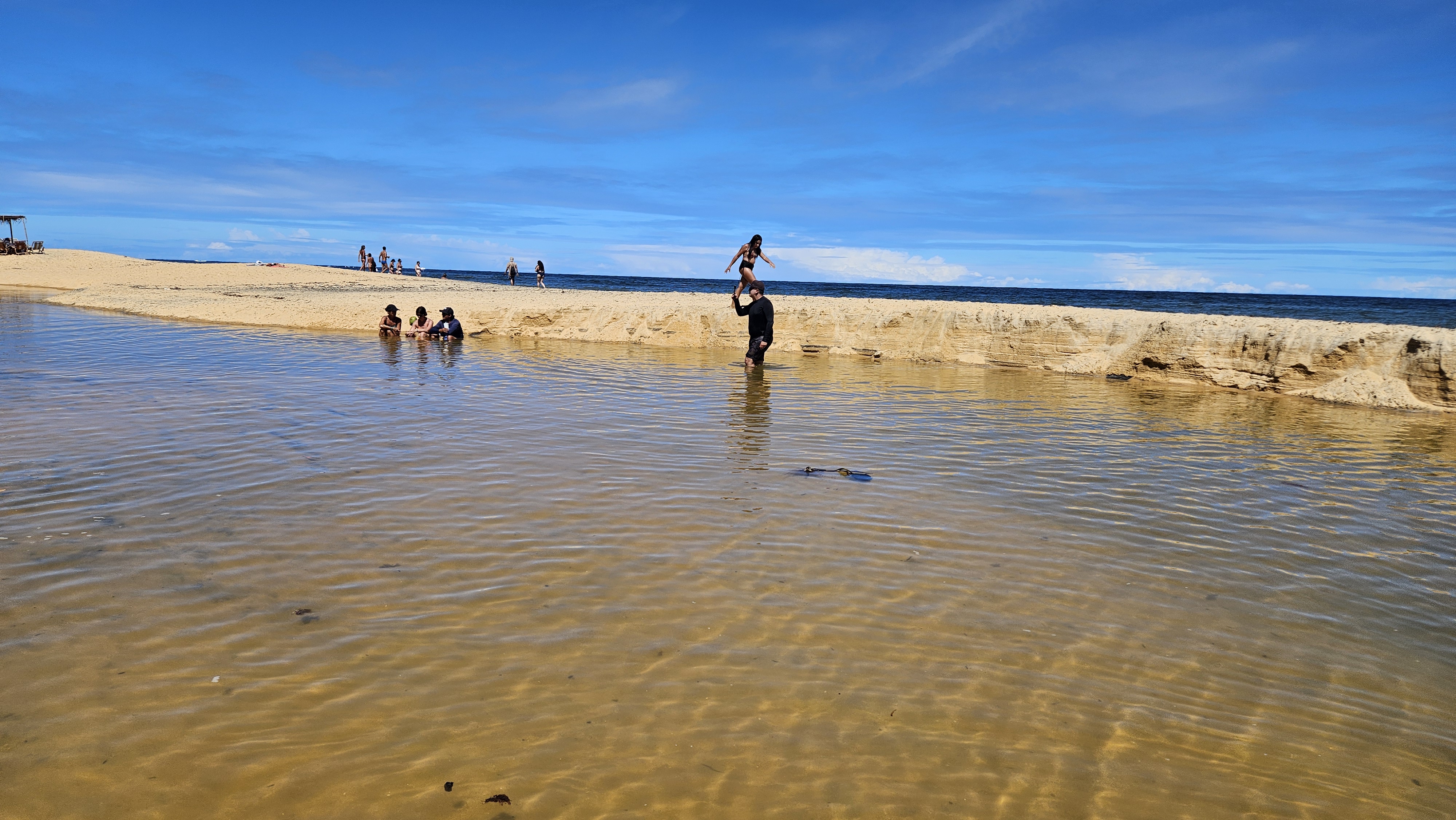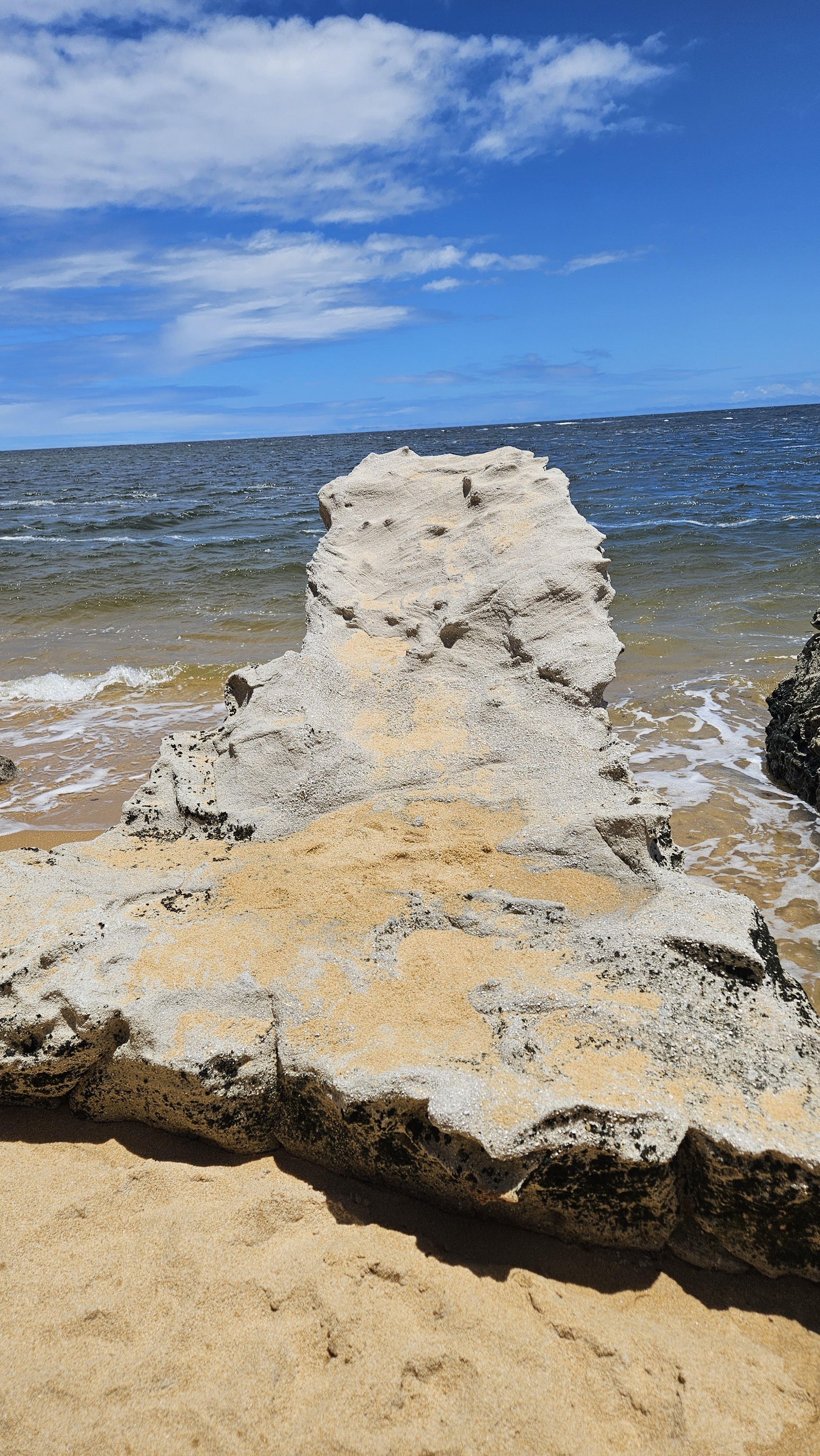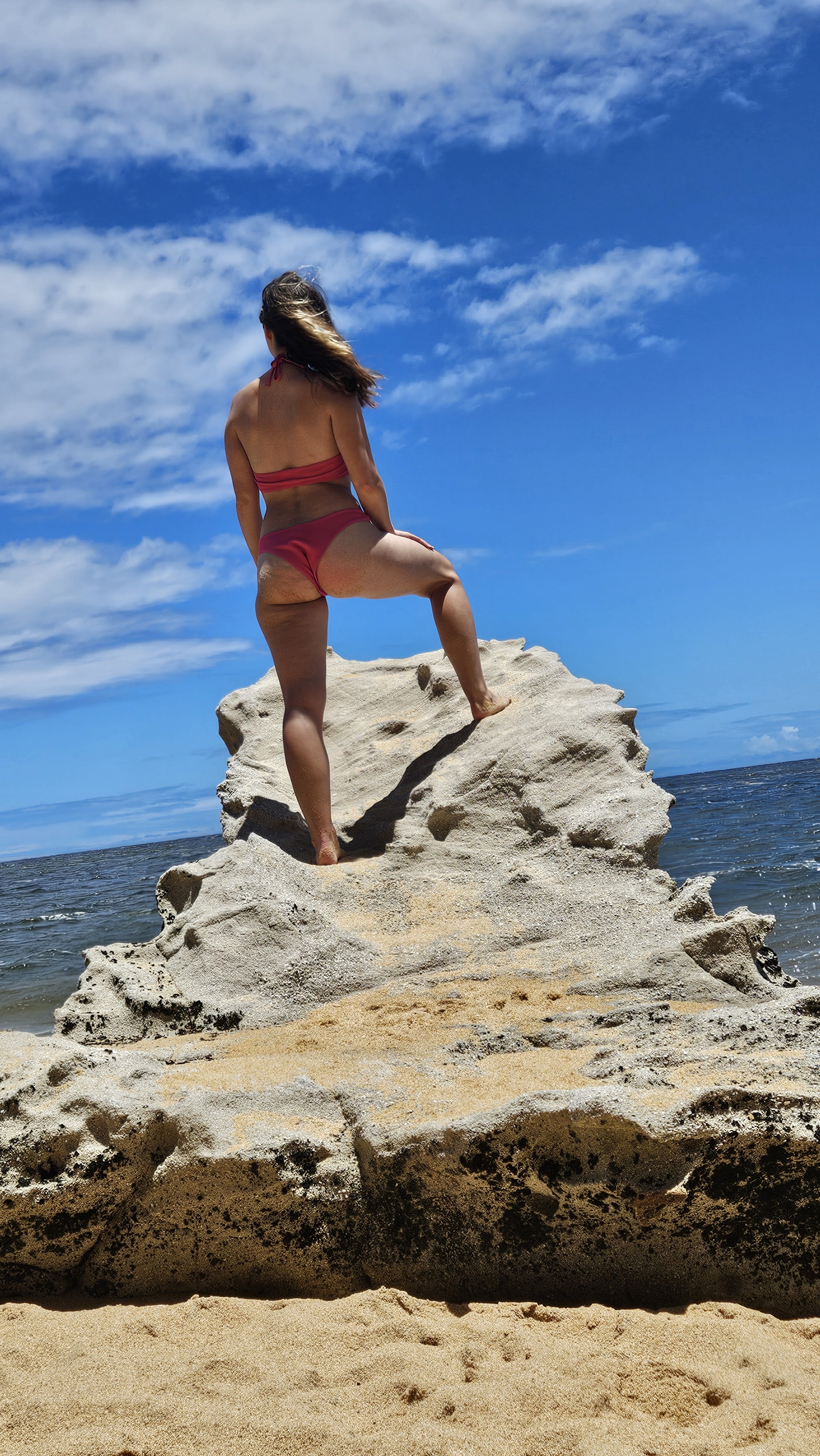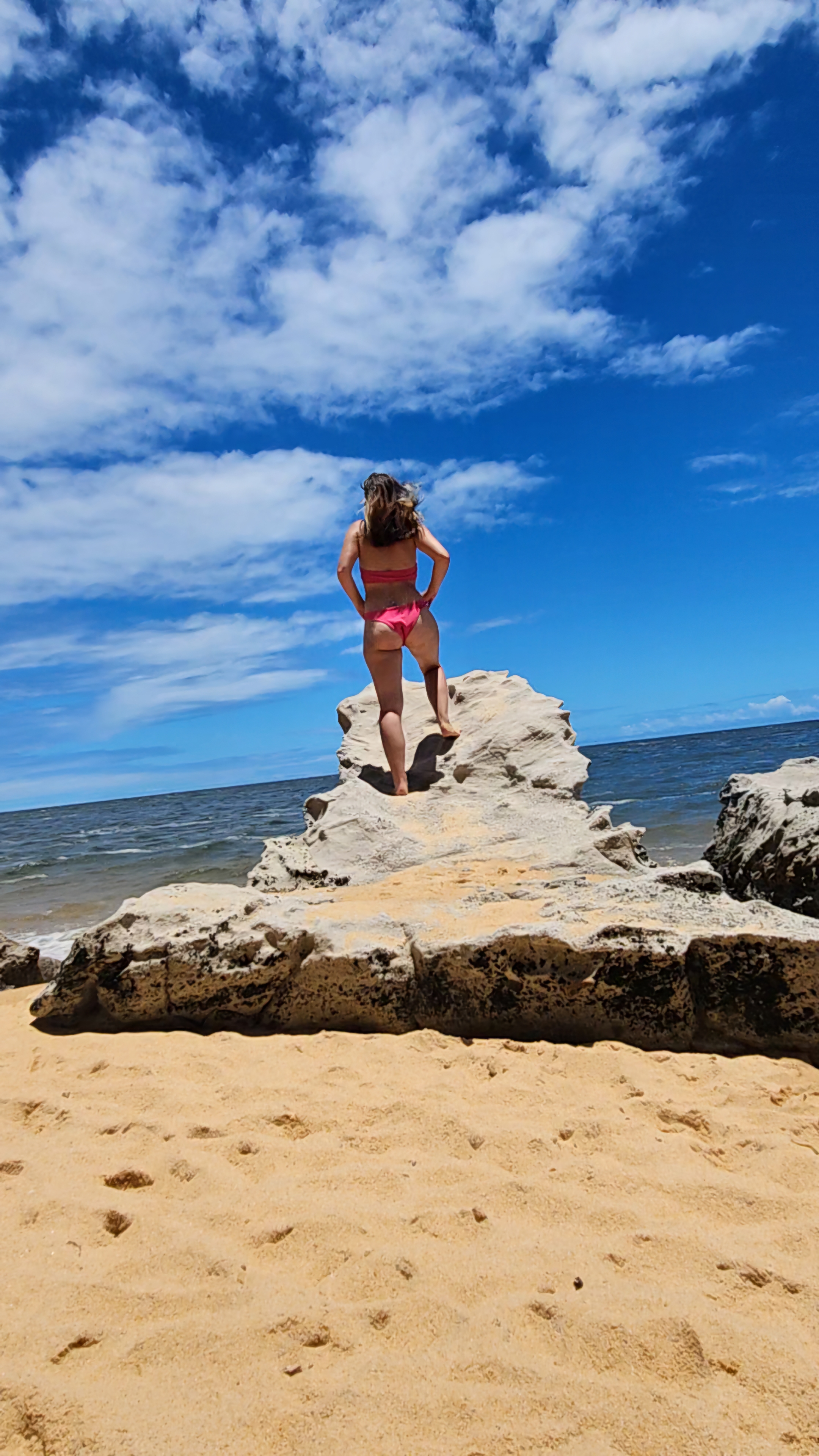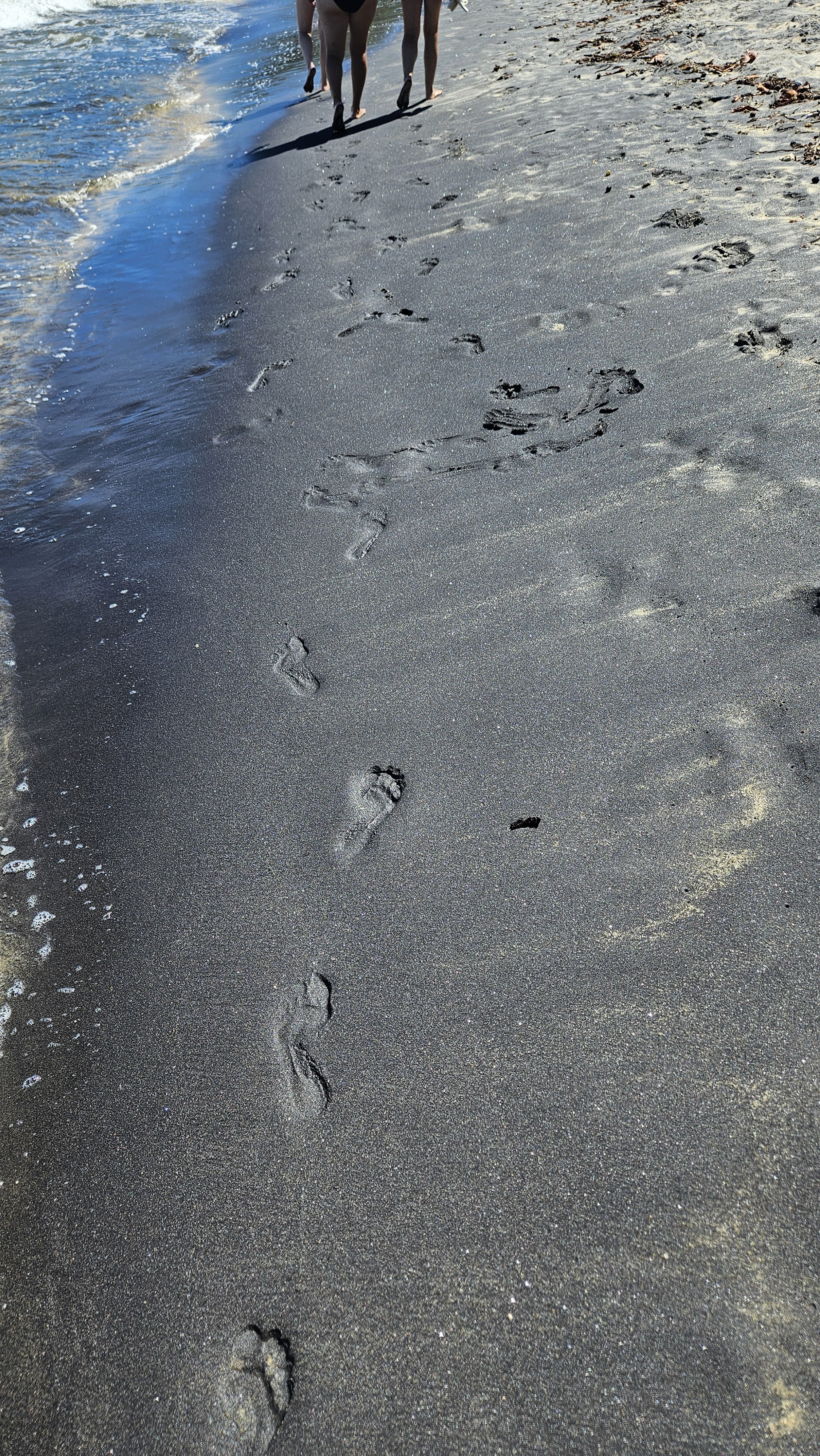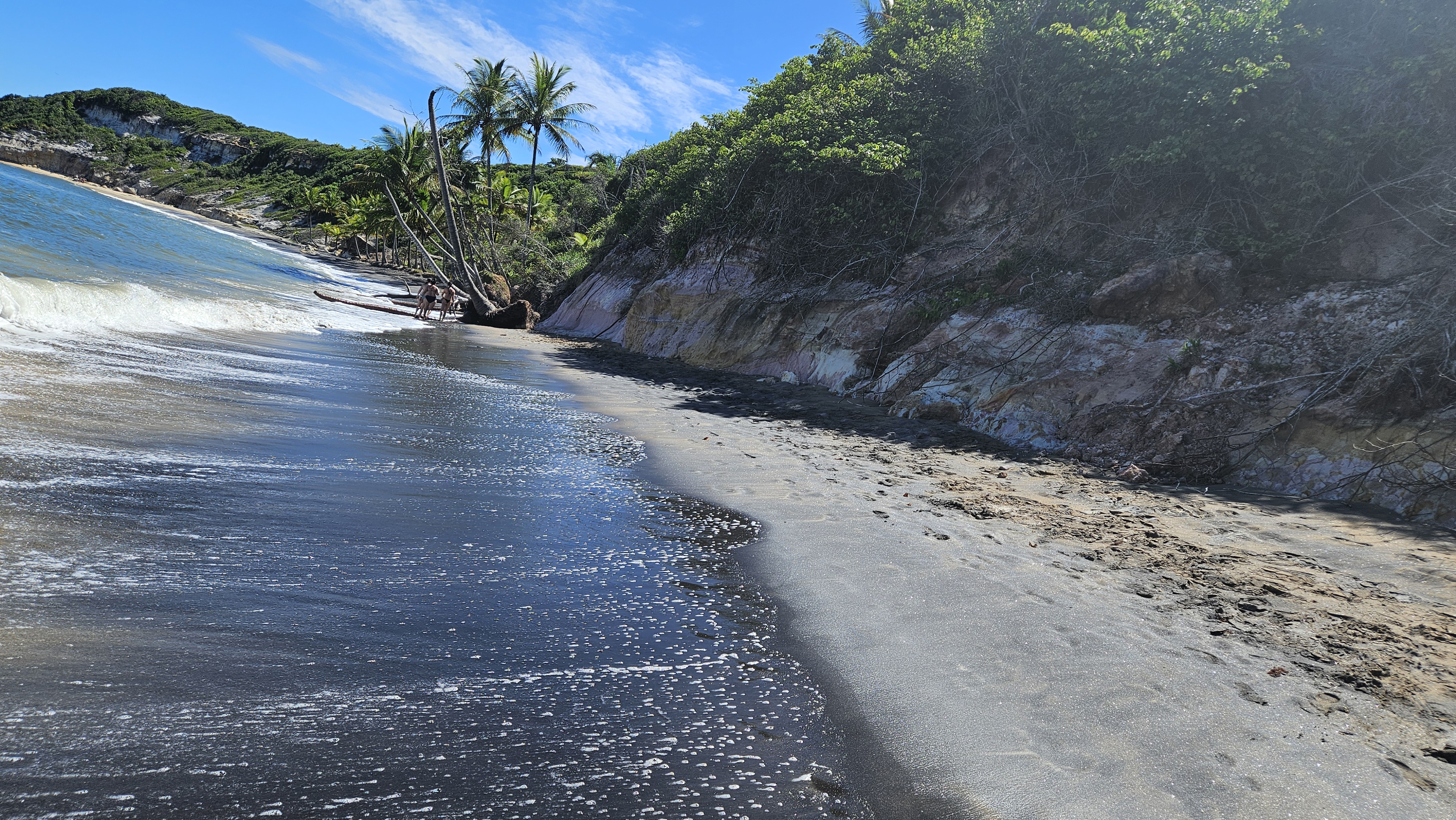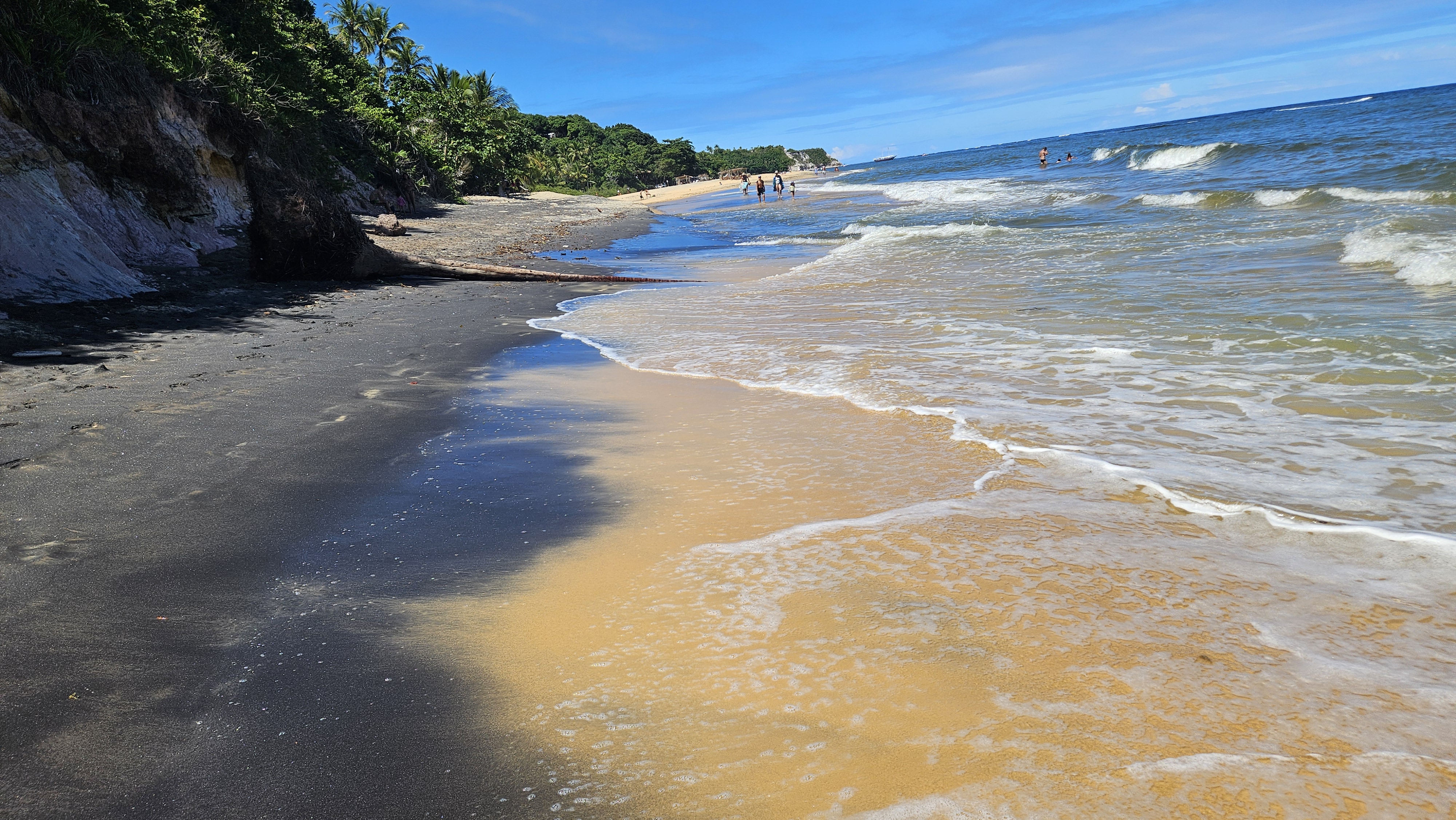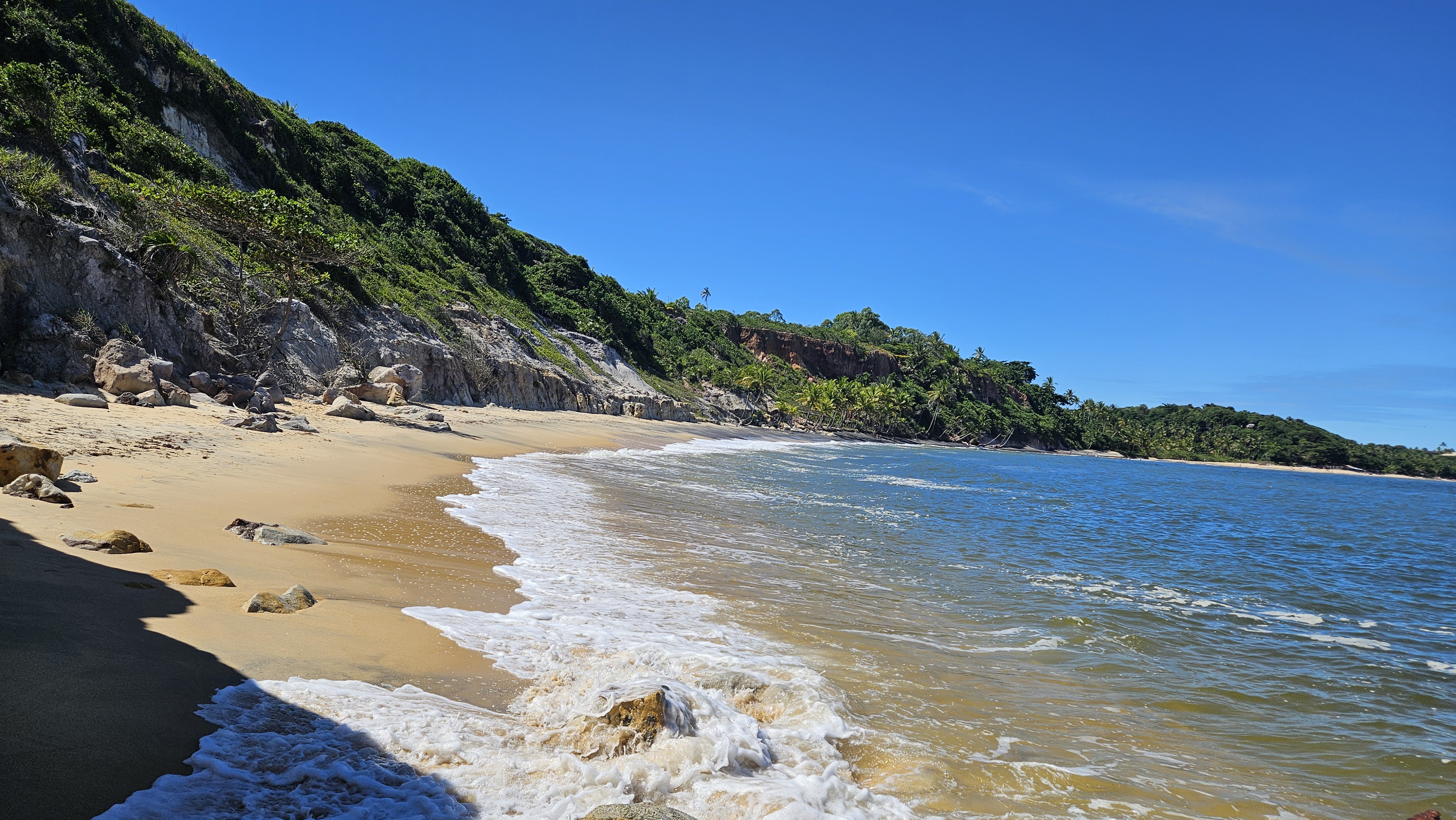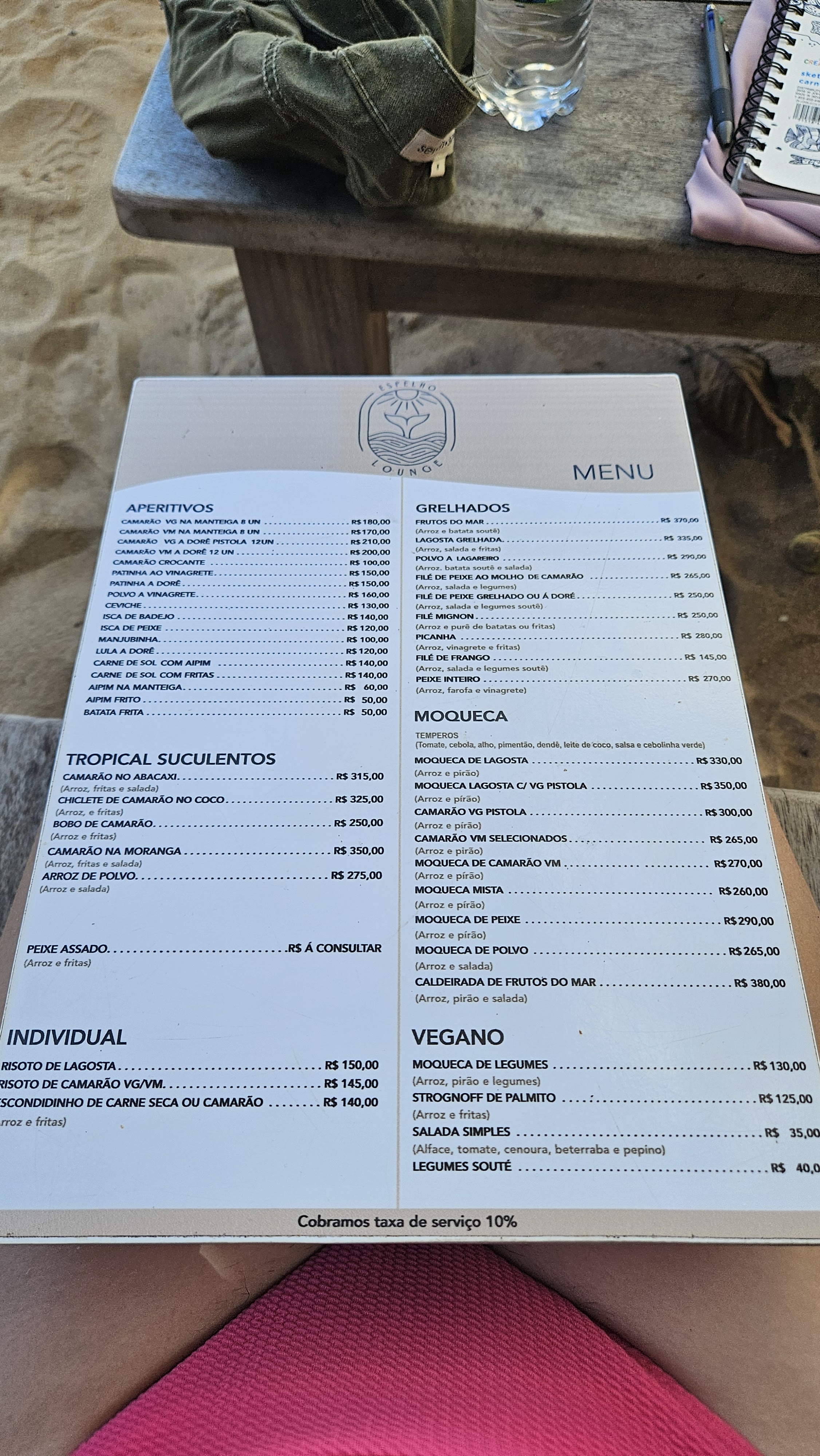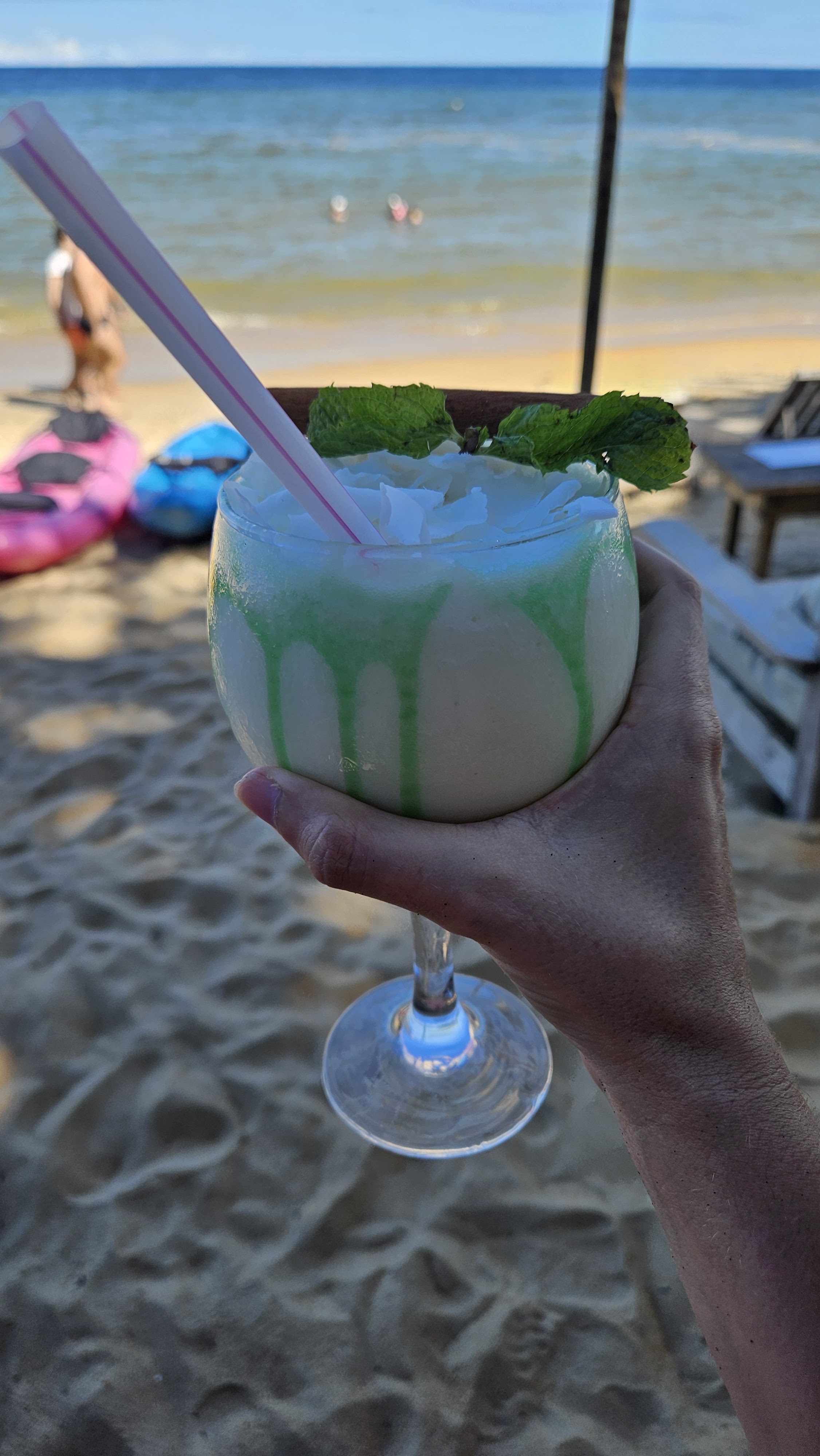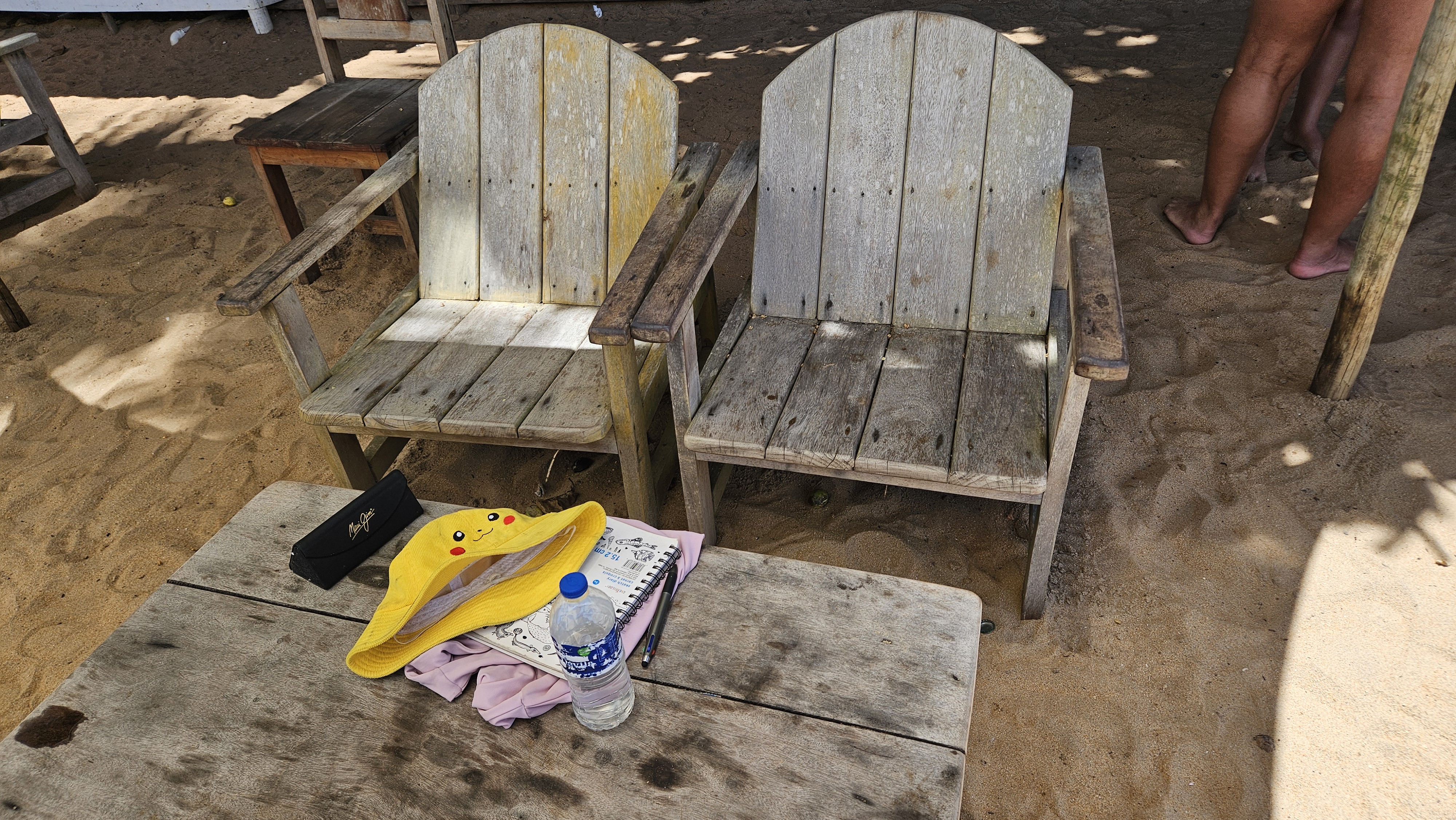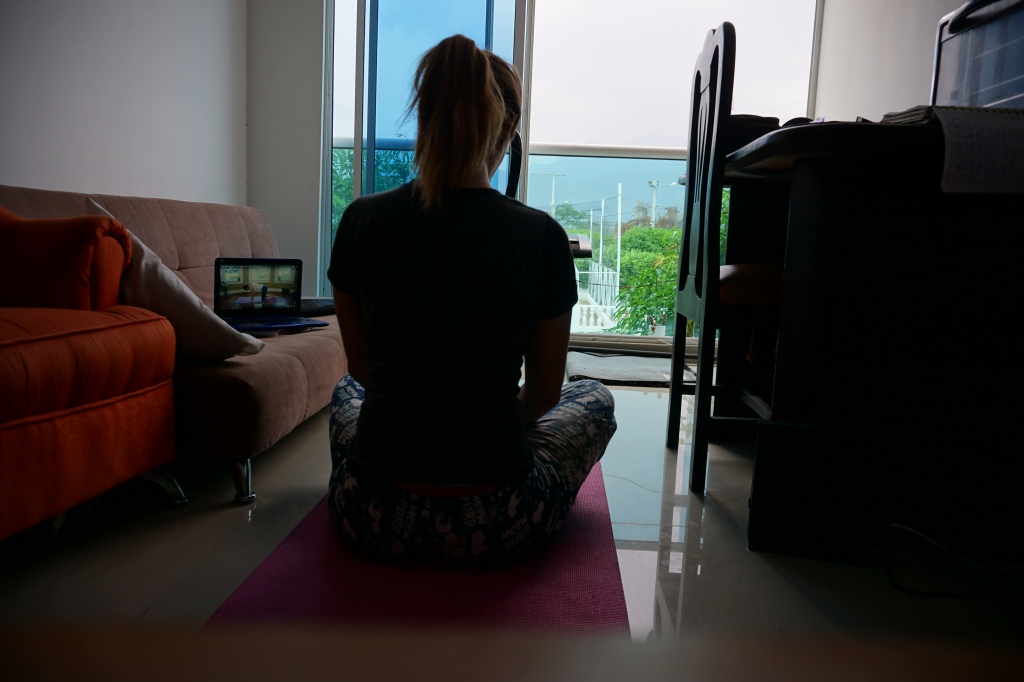Self-demanding, my worst enemy
There’s no better way to start than with the origin of 90% of all of my emotional woes: perfectionism and demanding too much of myself. In other words, my black and white, all-or-nothing thinking, 100 or 0 thinking. The profound conviction that I was never enough. That I always had to do a little more. I was even convinced that I shouldn’t celebrate or be happy about the accomplishments that I had invested so much time and effort into because I was just doing my duty. It’s what I had to do. So, automatically, without time to process what had happened, I had to continue being productive, reaching objectives, chasing goals. For example, if I managed to get good grades on tests, it wasn’t a reason to celebrate. I was just fulfilling my obligation. No matter how much blood, sweat, and tears it cost me to pull it off, I didn’t even feel gratification but rather a sense of spectacular indifference that made me shift my attention to reaching the next goal.
When I try to find the root of all this, I realize that one of my biggest concerns since I was very young has been to not disappoint others. Act the right way. That’s made me had a huge sense of responsibility and an extremely rigid and demanding mindset.
You know those horses that have blinders on both sides of their eyes to give them tunnel vision to keep them from getting distracted so that it’s clear what path they must take? Well, I’ve been exactly like that all my life.
As children, we observe what happens in the adult world, all of the problems and discomfort that comes with it, which is why we don’t want to add more fuel to the fire. Therefore, we force ourselves to be perfect little beings to not cause any trouble for those people that we love and admire so much. Or at least, that’s what happened to me.
Wanting to control everything in a world where nothing is predictable produces a tremendous amount of anxiety. It’s living and constantly trying to keep a multitude of factors and circumstances that escape us under control.
I’ve always believed that there was a sort of drill sergeant in my head that spent all day ordering me around, disregarding how I felt completely. “Don’t stop! You have to be skinny to be beautiful! You have to tell everyone yes so that no one gets disappointed. You have to be popular, be the best friend that everyone would wish to have. Be the best daughter, the best student, the best girlfriend. You must study to have a degree that makes other people proud. Give your 100% in everything, be super clear about everything, show self-composure.”
All my life spent repeating these mantras to myself, beating myself up, and talking to myself as if I were my worst enemy. My worst teacher or my worst boss. Little by little, this took its toll on me and, of course, on my mental health. Sometimes when I look back, I would like to hug that girl and tell her not to be so hard on herself. To not be so afraid. To not put so much pressure on herself. That it’s not worth it and isn’t going to be good for her. But I guess that everything that happened has also turned me into the person I am today. It’s something that I had to go through to grow and learn.
Allowing myself even the smallest margin of error was the same as failing. I had to always be the best in everything I did. I remember perfectly that when I started going to therapy years later, one of the first things that my therapist said was: “Cris, you have to choose what you truly value and prioritize it to try to invest the most attention and time you can. You have to be an 8 or a 9. But there are other things where you might be a 5 or a 6. And that’s okay. If you try to be a 10 in everything, you’ll end up nosediving to 0. Because there is no way that your mind and your body can take that level of pressure. Assume that you can’t be a 10 in all aspects of your life.” Her words managed to open my eyes. It seemed very simple, but it wasn’t. Because for as long as I could remember my thought process had always been rigid and closed off.
Sometimes we have to hit rock bottom to realize that the level of pressure that we are putting on ourselves is completely unsustainable. And that’s exactly what happened to me. The result of demanding so much of myself ended up snowballing into a stubborn anxiety. But I’m getting ahead of myself. I’ll go into more detail about this later on.
What I have learned for sure is that we are not perfect machines. Even if we sometimes feel that the world’s pace demands that of us, we are not. In the end, as my mother says, we are nothing more than little bags of chemicals, people full of feelings and emotions, not robots. We can’t always get to everything, we can’t be liked by everyone, we can’t always be in the best mood. We can’t expect ourselves to never make a mistake ever. It’s impossible. When you internalize that and accept it, you feel an enormous freedom, even if it’s hard at first. You’re human, and therefore, vulnerable.
And that’s not a bad thing. It’s an innate part of our condition. We have no reason to run from that vulnerability. That only hurts us. And the best thing of all is that the world will not end if we are a little imperfect.
Now I know that people will not stop loving me. I’m not going to stop pursuing my goals, and I’m not going to die either. Quite the contrary. Now that I recognize that vulnerability, I stop putting so much pressure on myself. I let myself flow more, resulting in being more myself and happier.
The next time you think about demanding so much of yourself and berating yourself in some way, ask yourself if you would talk that way to a good friend that is doing the best she knows how, that’s giving her all, that’s making an effort every day to live life however she can. You wouldn’t, right? Well, don’t do it to yourself either. Because ultimately you are your own best friend.
Dear friend, invest your time and attention in the things that you value. Accept that you can’t be liked by everyone. Talk to yourself as you would talk to your best friend. After all, you’re going to be on this journey with yourself until the last day of your life.

We cannot expect perfection from ourselves, much less demand it. This chapter could have been written by me. I’ve often felt when I travel alone that there is the perfect representation of life. The novelty. The stress. The growth. And while on a trip alone you always find friends or kind strangers along the way, the takeaway stays the same. You go to sleep each night with yourself. You wake up and begin again and plan with yourself in mind.
We have to take care of ourselves. To be that friend, that parent, that partner, that support person that does not waver. Through thick and thin. Only then are we able to pick people that treat us the way we truly deserve to be treated. Only then can our self-demands stop turning into self-sabotage. We can be present and whole, prioritizing what we value. Showing up for ourselves. Appreciating our successes and learning from our failures.
![Nómada [con] Rumbo](https://nomadaconrumbo.com/wp-content/uploads/2021/04/cropped-dsc07640.jpg)



